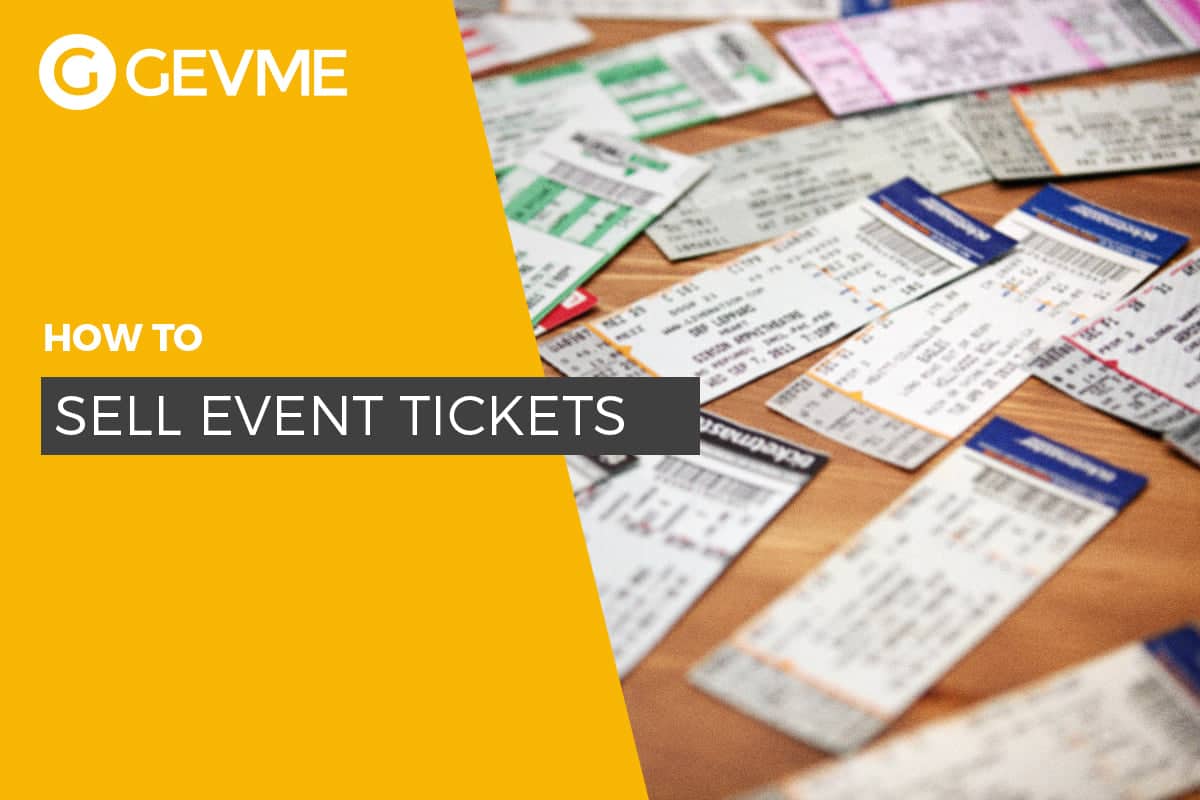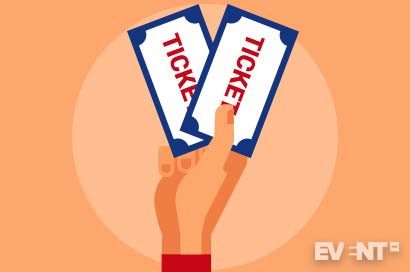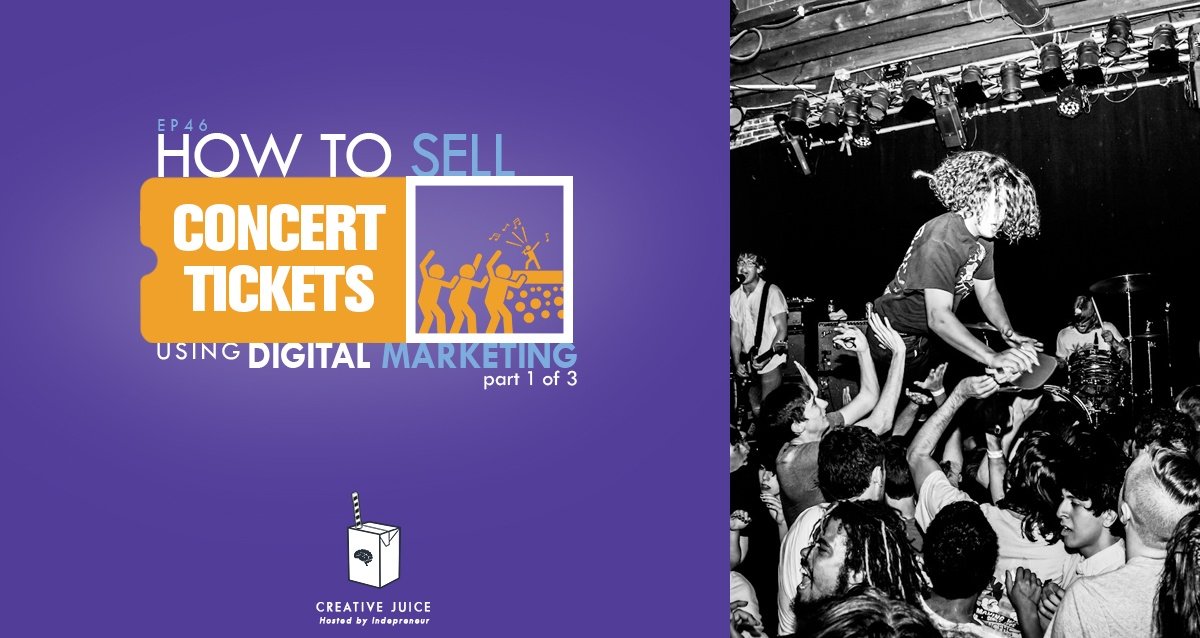Understanding the Secondary Ticketing Market
The secondary ticketing market is a vast and complex ecosystem where concert tickets are bought and sold by individuals, brokers, and authorized resellers. This market operates independently of the primary ticketing market, where tickets are initially sold by event organizers, venues, and authorized ticket sellers. The secondary market provides a platform for ticket holders to resell their tickets, often due to unforeseen circumstances or changes in plans. To successfully navigate this market and sell your concert tickets, it’s essential to comprehend how it works.
Popular platforms like StubHub, Vivid Seats, and SeatGeek have emerged as leading marketplaces for buying and selling concert tickets. These platforms connect buyers and sellers, providing a secure and convenient environment for transactions to take place. Additionally, social media and online forums have become increasingly popular for individuals to buy and sell tickets directly. However, it’s crucial to exercise caution when using these channels, as they often lack the safeguards and protections offered by established marketplaces.
When exploring the secondary ticketing market, it’s essential to be aware of the various fees associated with buying and selling tickets. These fees can include service charges, payment processing fees, and shipping costs. Understanding these fees will help you set competitive prices for your tickets and avoid any unexpected expenses. By grasping the intricacies of the secondary ticketing market, you’ll be better equipped to sell your concert tickets quickly and efficiently.
For those looking to sell their concert tickets, it’s essential to research the market demand and prices for similar tickets. This will help you determine a fair and competitive price for your tickets. You can use online tools and resources to research prices, and also consider factors like the artist’s popularity, venue capacity, and ticket availability. By setting a competitive price, you’ll increase the chances of selling your tickets quickly and maximizing your profits.
As you prepare to sell your concert tickets, keep in mind that the secondary ticketing market is highly competitive. To stand out from the crowd, focus on providing excellent customer service, responding promptly to inquiries, and offering competitive prices. By doing so, you’ll increase the chances of selling your tickets and achieving a successful transaction.
Preparing Your Tickets for Sale
Before listing your concert tickets for sale, it’s essential to prepare them properly to ensure a smooth and successful transaction. Verifying the authenticity of your tickets is crucial to avoid any potential issues or disputes with buyers. Check for any signs of tampering, alterations, or damage that could affect the ticket’s validity. Additionally, ensure that the tickets are genuine and not counterfeit.
Next, review the ticket details carefully, including the event name, date, time, venue, seat location, and ticket type. Check for any restrictions or fees associated with the tickets, such as service charges, convenience fees, or delivery fees. Understanding these details will help you provide accurate information to potential buyers and avoid any misunderstandings.
Gather all necessary documentation related to the tickets, including receipts, invoices, or confirmation emails. This documentation can serve as proof of purchase and help establish the ticket’s authenticity. If you’re selling tickets that were purchased through a authorized ticket seller, make sure to include any relevant documentation, such as the ticket seller’s name and contact information.
When preparing your tickets for sale, consider the condition of the tickets themselves. Make sure they are in good condition, with no tears, creases, or damage that could affect their validity. If the tickets are electronic, ensure that they are accessible and can be easily transferred to the buyer.
By taking the time to properly prepare your concert tickets for sale, you can increase the chances of a successful transaction and maximize your profits. Remember to stay organized, provide accurate information, and be transparent about the ticket details to build trust with potential buyers.
When selling concert tickets, it’s also essential to be aware of the fees associated with the sale. Some platforms may charge fees for listing, selling, or transferring tickets. Understanding these fees will help you set a competitive price for your tickets and avoid any unexpected expenses.
Setting the Right Price: A Guide to Pricing Your Concert Tickets
Pricing your concert tickets correctly is crucial to selling them quickly and maximizing your profits. To determine the optimal price, research the market demand and prices for similar tickets. Look at the prices of tickets for the same event, as well as similar events in the same venue or with the same artist. This will give you a sense of the going rate for your tickets.
Consider the demand for the event, including the popularity of the artist, the venue’s capacity, and the time of year. If the event is in high demand, you may be able to charge a premium price for your tickets. On the other hand, if the event is not as popular, you may need to price your tickets lower to attract buyers.
Another important factor to consider is the supply of tickets. If there are many tickets available for the same event, you may need to price your tickets lower to compete with other sellers. However, if there are few tickets available, you may be able to charge a higher price due to the scarcity of tickets.
When pricing your concert tickets, also consider the fees associated with selling them. Some platforms may charge fees for listing, selling, or transferring tickets. Make sure to factor these fees into your pricing to ensure you’re not losing money on the sale.
Ultimately, the key to pricing your concert tickets correctly is to find a balance between maximizing your profits and attracting buyers. If you price your tickets too high, you may deter potential buyers. On the other hand, if you price them too low, you may not get the best possible price for your tickets.
By researching the market, considering demand and supply, and factoring in fees, you can set a competitive price for your concert tickets and increase your chances of selling them quickly and maximizing your profits. Remember to stay flexible and adjust your pricing as needed to respond to changes in the market.
When selling concert tickets, it’s also essential to be aware of the competition. Research what other sellers are charging for similar tickets and adjust your pricing accordingly. This will help you stay competitive and attract more buyers to your listing.
Choosing the Best Sales Platform for Your Concert Tickets
When it comes to selling concert tickets, choosing the right sales platform is crucial to maximizing your profits. With so many options available, it can be overwhelming to decide which platform is best for your needs. In this section, we’ll compare and contrast popular ticket sales platforms, including StubHub, Vivid Seats, and SeatGeek.
StubHub is one of the most well-known ticket sales platforms, with a large customer base and a wide selection of tickets. However, StubHub charges a fee to sellers, which can range from 8% to 15% of the sale price. Additionally, StubHub has a strict policy against selling tickets that are not authentic or valid.
Vivid Seats is another popular platform that allows sellers to list their tickets for sale. Vivid Seats charges a fee of 10% to 15% of the sale price, and also offers a guarantee to buyers that the tickets are authentic and valid. Vivid Seats also has a user-friendly interface and a wide selection of tickets.
SeatGeek is a platform that allows sellers to list their tickets for sale, and also offers a guarantee to buyers that the tickets are authentic and valid. SeatGeek charges a fee of 10% to 15% of the sale price, and also offers a user-friendly interface and a wide selection of tickets.
When choosing a sales platform, consider the fees charged to sellers, as well as the platform’s policies and guarantees. Additionally, consider the platform’s user interface and the selection of tickets available. By choosing the right platform, you can maximize your profits and ensure a smooth transaction.
It’s also important to note that some platforms may have specific requirements or restrictions for selling concert tickets. For example, some platforms may require sellers to provide proof of ownership or authenticity, while others may have specific rules for pricing or listing tickets.
By understanding the pros and cons of each platform, you can make an informed decision about which platform is best for your needs. Whether you’re selling a single ticket or a large collection, choosing the right platform can help you maximize your profits and ensure a successful sale.
Creating an Effective Listing: Tips for Writing a Compelling Ticket Description
When selling concert tickets, a well-written ticket description is crucial to attracting potential buyers and maximizing profits. A clear and compelling description can help your listing stand out from the competition and increase the chances of a successful sale.
When writing a ticket description, include essential details such as seat location, ticket type, and any additional amenities. For example, if the tickets are for a VIP section, be sure to mention the specific amenities included, such as access to a private lounge or a meet-and-greet with the artist.
Use a clear and concise writing style, avoiding jargon and technical terms that may confuse potential buyers. Use bullet points or numbered lists to break up the text and make it easier to read. This will also help to highlight the key features and benefits of the tickets.
Include high-quality images of the tickets, if possible, to give potential buyers a better idea of what they are purchasing. This can also help to build trust and credibility with potential buyers.
When writing a ticket description, also consider the tone and language used. Use a professional and friendly tone, avoiding any negative or misleading language. This will help to build trust with potential buyers and increase the chances of a successful sale.
Finally, proofread the ticket description carefully to ensure that it is free of errors and typos. A well-written and error-free description will help to build credibility and trust with potential buyers, increasing the chances of a successful sale.
By following these tips, you can create an effective and compelling ticket description that will help to attract potential buyers and maximize your profits when selling concert tickets. Remember to stay focused on the key features and benefits of the tickets, and use a clear and concise writing style to make the description easy to read and understand.
Uploading and Managing Your Listings
Once you have prepared your concert tickets for sale and written a compelling ticket description, it’s time to upload and manage your listings on various sales platforms. This process can vary depending on the platform you choose, but here are some general tips to help you get started.
First, make sure you have all the necessary information and documentation ready, including the ticket details, price, and any additional amenities. Then, follow the platform’s guidelines for uploading and listing your tickets. This may involve creating an account, verifying your identity, and providing payment information.
When uploading your listings, make sure to include high-quality images of the tickets, if possible, to give potential buyers a better idea of what they are purchasing. Also, be sure to set a competitive price for your tickets, based on your research of the market demand and supply.
Once your listings are live, be prepared to handle inquiries and respond to offers from potential buyers. This may involve answering questions about the tickets, providing additional information, and negotiating prices. Be sure to respond promptly and professionally to all inquiries, to build trust and credibility with potential buyers.
When a buyer makes an offer, be sure to carefully review the terms of the sale, including the price, payment method, and any additional fees. If you accept the offer, be sure to follow the platform’s guidelines for finalizing the sale and transferring the tickets to the buyer.
Finally, be sure to keep track of your listings and sales, to ensure that you are meeting your goals and maximizing your profits. This may involve using analytics tools, tracking your sales data, and adjusting your pricing and listing strategies accordingly.
By following these tips, you can effectively upload and manage your listings, handle inquiries and respond to offers, and finalize sales to maximize your profits when selling concert tickets. Remember to stay organized, be responsive, and provide excellent customer service to build trust and credibility with potential buyers.
Ensuring a Smooth Transaction: Tips for Safe and Secure Ticket Sales
When selling concert tickets, ensuring a smooth and secure transaction is crucial to building trust with potential buyers and maximizing profits. Here are some tips to help you ensure a safe and secure transaction:
First, use secure payment methods, such as PayPal or credit cards, to protect yourself and the buyer from potential scams or disputes. Avoid using wire transfers or other unsecured payment methods, as they can leave you vulnerable to financial loss.
Next, verify the buyer’s information, including their name, address, and contact details, to ensure that you are dealing with a legitimate buyer. You can also use services like Escrow to hold the payment until the buyer confirms receipt of the tickets.
Follow the platform’s guidelines for selling tickets, including any rules or regulations for payment, shipping, and refunds. This will help you avoid any potential disputes or issues with the buyer.
Use a secure and trackable shipping method, such as USPS or FedEx, to ensure that the tickets are delivered safely and efficiently. Consider using a shipping service that provides tracking and insurance, in case the tickets are lost or damaged during transit.
Finally, keep records of all transactions, including payment receipts, shipping confirmations, and communication with the buyer. This will help you resolve any potential disputes or issues that may arise during the transaction.
By following these tips, you can ensure a smooth and secure transaction when selling concert tickets. Remember to stay vigilant and take necessary precautions to protect yourself and the buyer from potential scams or disputes.
Additionally, consider using a ticket sales platform that offers built-in security features, such as encryption and secure payment processing. These platforms can provide an added layer of protection and peace of mind when selling concert tickets.
Maximizing Your Profits: Additional Tips for Selling Concert Tickets
When selling concert tickets, there are several additional strategies you can use to maximize your profits. Here are some tips to help you get the most out of your ticket sales:
Consider bundling tickets together to sell as a package. This can be especially effective for popular concerts or events where demand is high. By bundling tickets, you can attract more buyers and increase your overall profit.
Offer discounts or promotions to attract more buyers. This can be especially effective during slow sales periods or for less popular concerts. By offering discounts, you can incentivize buyers to purchase tickets and increase your overall sales.
Utilize social media to promote your listings. Platforms like Facebook, Twitter, and Instagram can be great ways to reach potential buyers and promote your tickets. Use relevant hashtags and keywords to increase your visibility and attract more buyers.
Consider using a ticket sales platform that offers additional features and tools to help you maximize your profits. Some platforms offer features like price matching, ticket insurance, and customer support, which can help you attract more buyers and increase your overall sales.
Keep an eye on the market and adjust your prices accordingly. If you notice that prices are dropping for similar tickets, consider lowering your prices to stay competitive. Conversely, if prices are rising, consider increasing your prices to maximize your profits.
Finally, consider offering additional services or amenities to attract more buyers. For example, you could offer ticket delivery or pickup, or provide additional information about the concert or venue. By offering additional services, you can differentiate yourself from other sellers and attract more buyers.
By following these tips, you can maximize your profits when selling concert tickets. Remember to stay flexible, be responsive to buyer inquiries, and provide excellent customer service to build trust and credibility with potential buyers.






